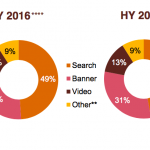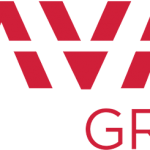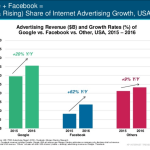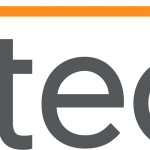Exact Sciences Shares Dip After Company Adjusts Revenue Forecast

Exact Sciences reported third-quarter earnings Wednesday and despite increases in revenue and other closely watched metrics, the reaction from investors was unfavorable.
Madison, WI-based Exact (NASDAQ: EXAS) reported a net loss of $ 37.8 million for the three-month period that ended Sept. 30, on revenues of $ 28.1 million. Those figures marked improvements over the same period last year, when the company posted a $ 42.9 million loss on $ 12.6 million in revenue.
Exact narrowed its forecast for total sales in 2016 to $ 93 million to $ 95 million. Previously, the company had projected revenues for the current year would come in between $ 90 million and $ 100 million. After three quarters, Exact’s total revenues for 2016 are about $ 64.1 million.
Investors were apparently more wary of the lower ceiling than they were upbeat about the higher floor. Exact’s stock priced closed at $ 16.73 a share Wednesday, down 14.6 percent from the previous day’s close of $ 19.59 a share.
Exact, whose flagship product is a stool-based DNA screening test for colorectal cancer known as Cologuard, said it completed about 68,000 of the tests during the third quarter. The company reiterated its projection that it would complete 240,000 tests of Cologuard this year; hitting that target would require a fourth-quarter total of at least 78,000 tests.
Nearly 50,000 physicians have ordered Cologuard since the test launched in 2014, Exact said, up about 22 percent from June.
During the company’s earnings call on Wednesday, CEO Kevin Conroy gave some of the credit for what he called a “strong” quarter to sales and marketing efforts, including a national television advertising campaign. Maneesh Arora, Exact’s chief operating officer, said these initiatives have helped lead to more patients hearing about Cologuard and starting conversations with their doctors about getting screened.
“The sales team is executing and the marketing campaign is working,” Arora said, according to a transcript of the call from Seeking Alpha. “That is driven by patients actually going and asking their physicians for Cologuard, and that is driving patients and physicians to ask their systems and their payers to cover Cologuard.”
The television campaign has “clearly increased the reorder rate of [Exact’s] existing customer base,” Conroy added.
The company is continuing its efforts to get more insurers to agree to cover the costs of Cologuard, Conroy said. Earlier this month, the company announced that Tricare—which provides health benefits for 9.4 million current and former U.S. military personnel—now covers the test. Exact also said that Cigna (NYSE: CI), a major insurer based in Bloomfield, CT, recently began covering Cologuard.
Conroy said that currently, “things are working so well in the U.S.” that Exact has decided to reduce the amount of money it’s spending to make more insurers, physicians, and patients in Europe aware of Cologuard. Exact announced last year that Cologuard was available in the U.K., and the test has the CE marking that’s necessary for it to be marketed in Europe.
About 144 million people currently have health plans that cover Cologuard, Conroy said. That’s up 40 percent from June, he added, when the U.S. Preventive Services Task Force announced changes to how it classifies colorectal cancer screening methods. About two-thirds of the total U.S. patient population eligible to be screened with Cologuard have plans that cover the test, Conroy said.
One major factor for primary care physicians when considering ordering Cologuard is whether the patient’s insurance covers the test, Conroy said. While that’s not surprising to hear, he added that another difference maker is the ease of ordering the test using a computerized patient records system.
“We see with [doctors] who are on an [electronic medical record] platform that has a Cologuard ease of ordering built into it, we see about…double the rate” of orders, he said. “We have plans in place to increase the rate at which [doctors] can order electronically, and that will drive volume.”
(39)












